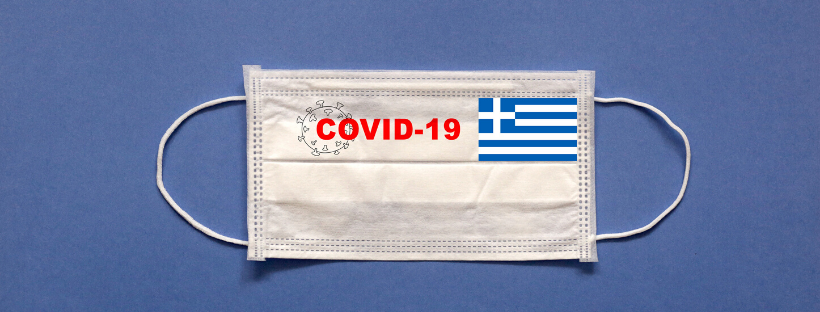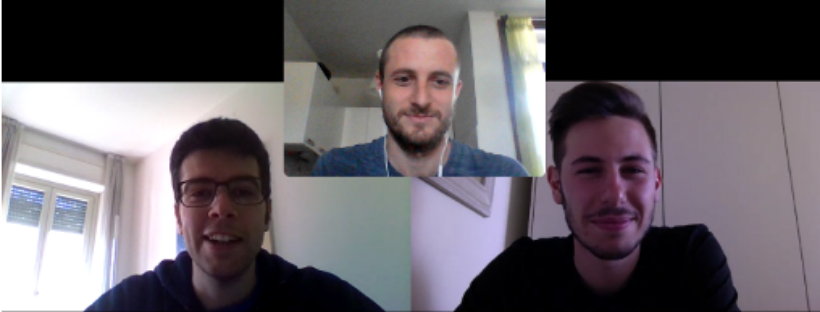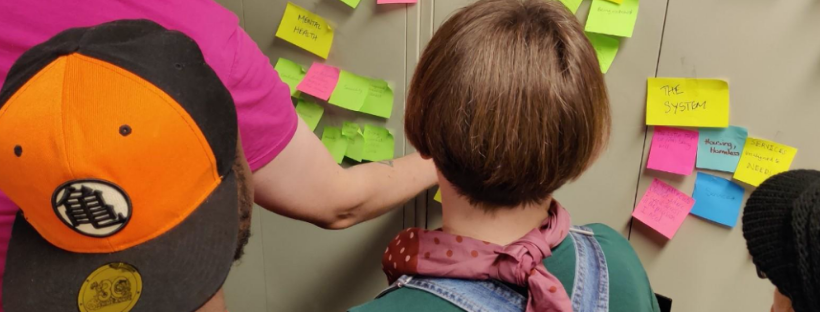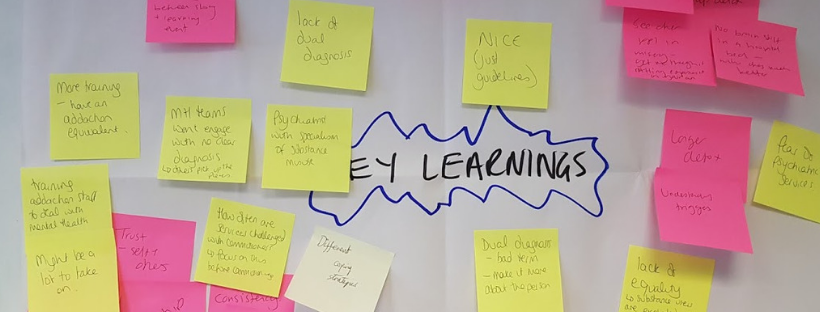Over the last year, People’s Voice Media has been working with PERU from Manchester Metropolitan University and We Are With You (formerly Addaction) in Cornwall to evaluate a new recovery service. Our role has been to use Community Reporting and storytelling to support people who are in recovery to share their experiences of this journey, and to work with frontline workers to gather their stories of delivering the service.
So far, we have delivered some initial storytelling sessions and collaborative sense-making activities. This has allowed us to identify a number of key learnings about what works and what doesn’t work in recovery services and we wanted to share these with you. So, let’s start with the good points… In terms of people’s experiences of the service, the things that people value in terms of support on their recovery journey are:
- Tailoring the support to people’s personal needs – for example, some people find using public transport very difficult so alternatives were found.
- Not giving up on people – for example, even if people refused support at first, the workers would persist or offer different types of support until there was a breakthrough
- Building up strong relationships – for example, allowing workers to have specific people they work with so they can get to know them more
- Not being judgmental – for example, many of the workers have had addictions before and so the people currently on recovery didn’t feel they were being judged
When reflecting on previous support services (before they got involved with We Are With You), people identified the following issues:
- They seemed like a box-ticking exercise – they weren’t person centred
- They expected recovery journeys to be linear – if you missed an appointment you would be taken off the service
- They didn’t seem to have enough time to offer meaningful support – short appointments were given that didn’t allow for trust to be built
- They focused on the just the addiction not the whole person – the person’s wider life, needs, capacities etc. weren’t part of the recovery
A key message within these stories, is that recovery is absolutely not a box-ticking exercise that can be applied in the same way for everyone. Instead it is a fluid, non-linear journey that will be unique to each person who experiences it. The stories demonstrate there should not be a one-size-fits-all approach to recovery. More so, recovery is also not something that happens alone. Instead, each person has their own recovery community that can include Recovery Workers, care workers, social workers, medical professionals, family and friends. The strength of these connections and relationships of trust that are built, are central to people being able to overcome their addictions.
We will be releasing a feature article with links to the stories and people’s experiences in their own words later in the year… as well as continuing to work on the evaluation. So watch this space!




